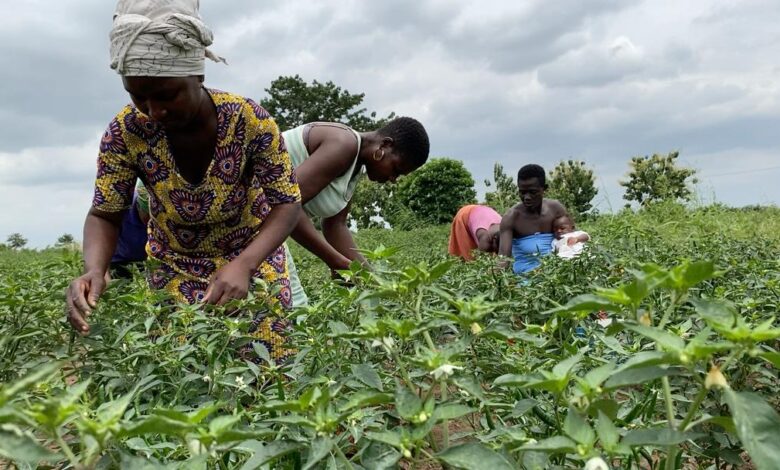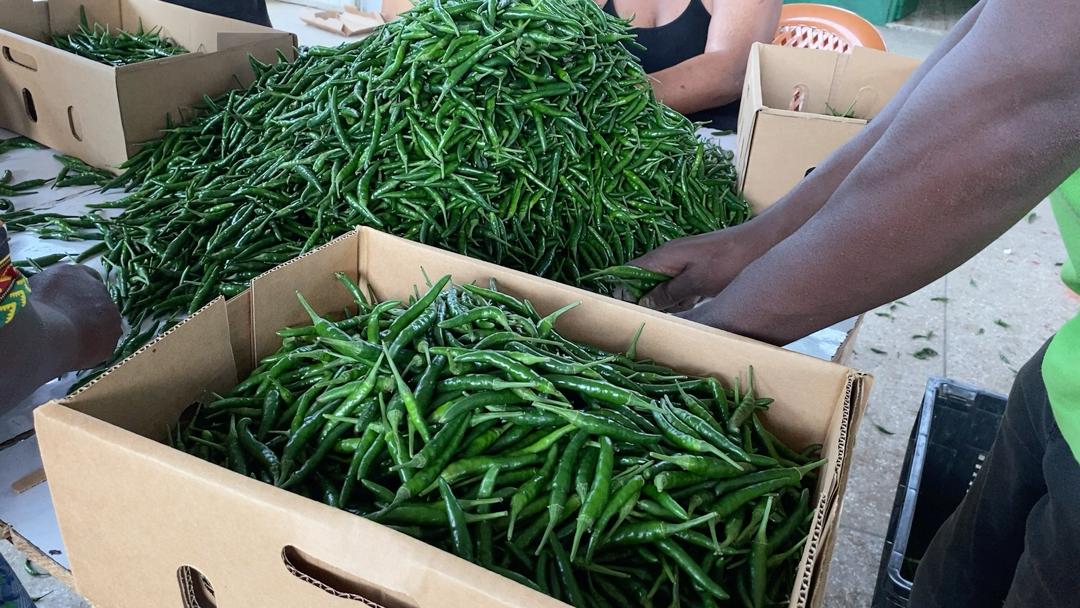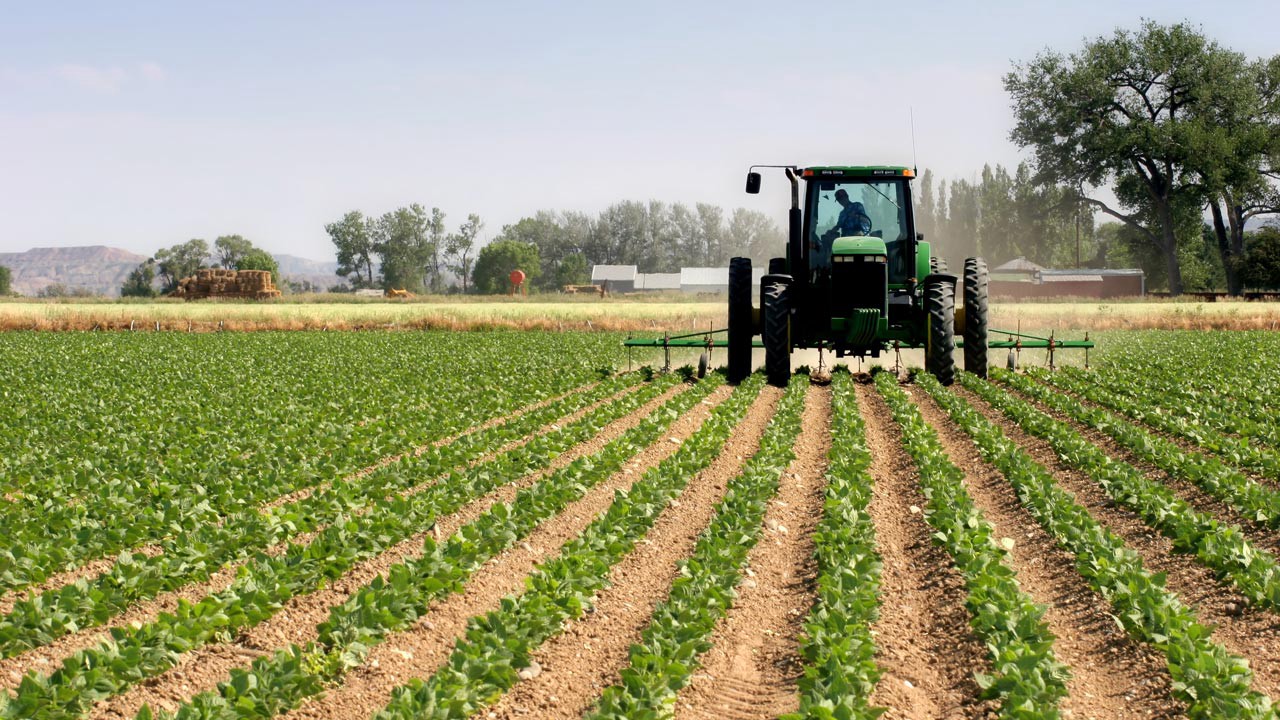Agribusiness Chamber Urges Price Reductions to Tackle Soaring Food Costs

As food prices continue to climb, squeezing household incomes and threatening national food security, the Chamber of Agribusiness Ghana (CAG) is calling for urgent, united action from agribusiness players and the government.
In a strongly worded statement, the Chamber appealed to all actors across the agriculture value chain including input suppliers, commodity traders, food retailers, aggregators, processors, and transporters to review and reduce their pricing margins where possible. The Chamber warns that the country’s food system is under strain and that current price levels are not sustainable for consumers or producers.

“This is not just about business, it’s about the future of food in Ghana,” said Anthony Morrison, CEO of the Chamber. “Everyone in the chain must play their part. The time for collective responsibility is now.”
Rising Prices, Falling Nutrition
According to the Chamber, rising food prices have made nutritious meals unaffordable for many Ghanaian families, especially in low-income communities. This is fueling malnutrition, increasing the risk of diet-related illnesses, and worsening public health outcomes.
The impact is also being felt at the farm level. Many farmers, burdened by high input costs, are planting less or using lower-quality seeds and fertilizers. This reduces yields and could eventually drive some out of farming altogether.
“High prices are not helping farmers — they’re hurting them. If we don’t act now, food production will suffer even more,” Morrison warned.
Why Prices Must Fall Now
CAG believes a sector-wide price realignment is critical for five key reasons:
-
To protect public health by ensuring affordable access to nutritious foods.
-
To support local farmers with fair input and output pricing.
-
To reduce inflation, as food remains a major component of the Consumer Price Index.
-
To boost consumer spending power, reviving other parts of the economy.
-
To reduce waste and inefficiencies hidden in the supply chain.
The Chamber argues that lower prices will ultimately benefit the entire economy from agribusinesses to transporters and retailers by stabilizing demand and improving trust in the food system.

Government’s Role: Fix the Structural Problems
Beyond private sector action, the Chamber called on government to urgently implement policies that can ease pressure across the value chain. Their recommendations include:
-
Subsidies and local input production: Fast-track domestic production of fertilizer and seeds to reduce import dependency.
-
Post-harvest infrastructure: Invest in cold storage, community silos, and solar dryers to reduce massive post-harvest losses.
-
Transport cost reforms: Improve roads in farming areas, modernize transport fleets, and reduce logistics costs.
-
Affordable finance: Expand credit facilities like GIRSAL and create loan schemes tailored to agribusiness SMEs.
-
Market intelligence systems: Provide real-time, mobile-accessible price and supply information to help farmers and traders make informed decisions.

A National Call to Action
CAG is not just sounding the alarm it is demanding bold, coordinated solutions.
“We are calling on agribusinesses to cut excessive margins and operate more efficiently. We are also calling on government to lead with smart, targeted investment. We all need to act and act now,” Morrison emphasized.
The Chamber believes that with public-private cooperation, Ghana can bring food prices under control, restore market confidence, and build a stronger, more resilient agricultural economy.




